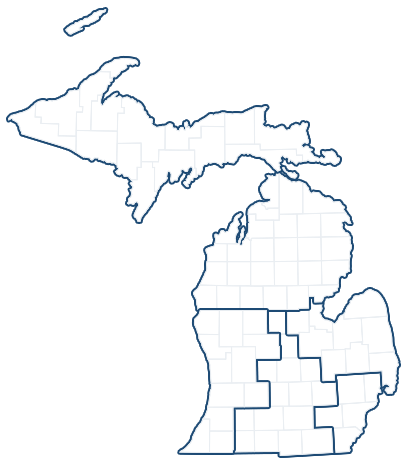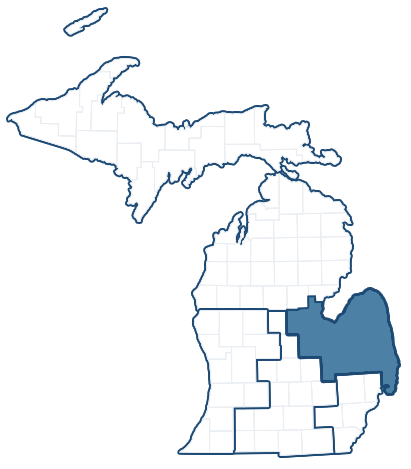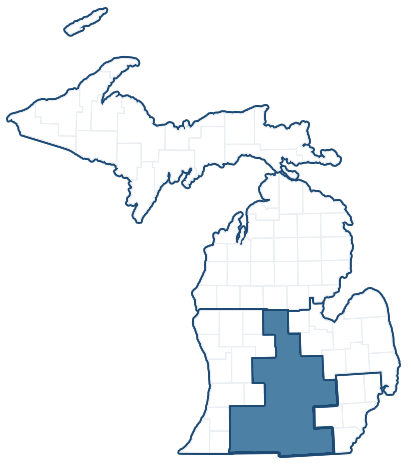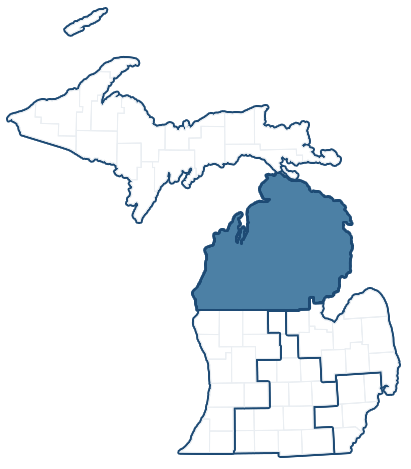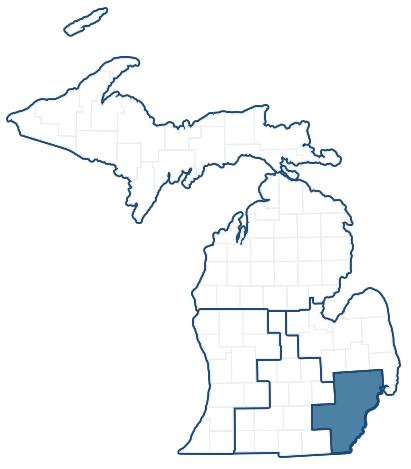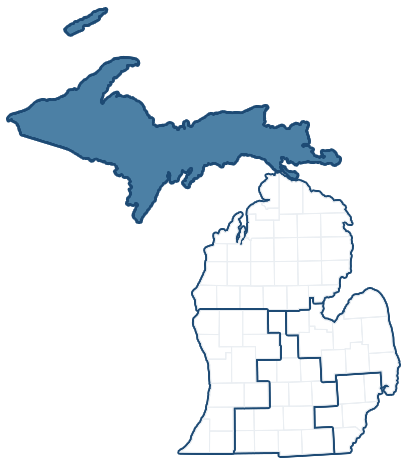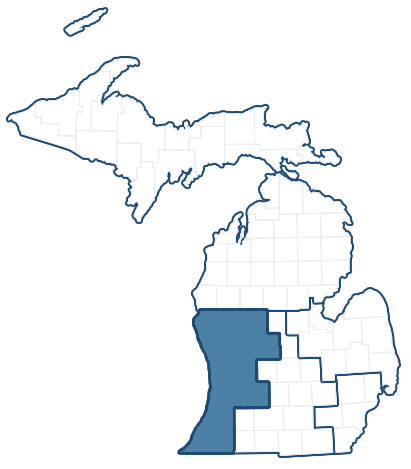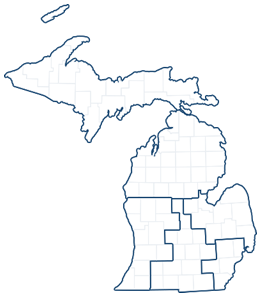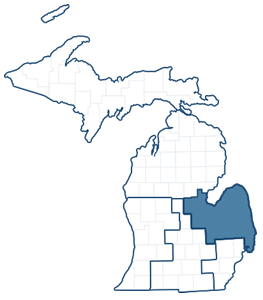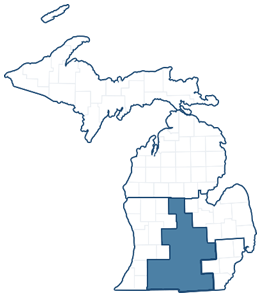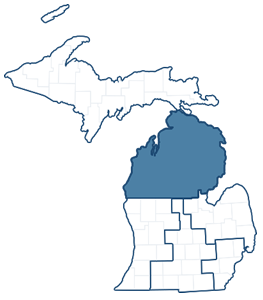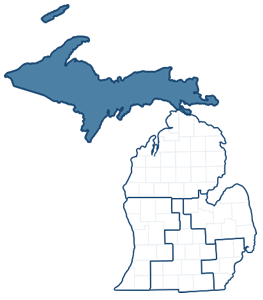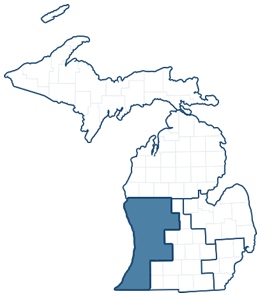Detroit Urban Agriculture and Local Food Programs Receive Support
Friday, February 14, 2014U.S. Senator Debbie Stabenow, Chairwoman of the Senate Committee on Agriculture, Nutrition and Forestry, today announced funding to support urban agriculture and increase the availability of locally grown foods in Detroit. While most don't think of Detroit as an agricultural area, Detroit is home to national leaders in the urban agriculture movement, with many community gardens, urban greenhouses, school gardens, and the country's oldest farmers' market.
Sen. Stabenow joined the USDA Natural Resources Conservation Service and urban farmers at Detroit Eastern Market to announce $150,000 in financial assistance for Detroit and Wayne County farmers to construct seasonal high tunnels (or hoop houses), which are like greenhouses that help producers grow fruits and vegetables in urban areas, extend the growing season, and protect the environment. The assistance comes through the Environmental Quality Incentives Program (EQIP), a voluntary program that helps farmers plan and implement conservation practices that protect the soil, air, and water. Hoop houses are made of ribs of plastic or metal pipe covered with a layer of plastic sheeting and are easy to build and maintain. Not only do they protect crops from severe weather, they also protect the soil by reducing the need for pesticides and reducing the loss of fertilizers through runoff.
Chairwoman Stabenow said: "Thanks to increasing demand for more locally grown food, urban agriculture is taking off across Metro Detroit. Today's announcement will help Detroit-area farmers sell more fruits and vegetables directly to families, schools, and restaurants. The 2014 Farm Bill also makes historic investments to support local food initiatives, farmers' markets, and community gardens right here."
Garry Lee, State Conservationist with NRCS said: "Seasonal high tunnels help vegetable and fruit growers increase the availability of locally grown, healthy food while protecting the environment.
Malik Yakini, Executive Director of the Detroit Black Community Food Security Network and D-Town Farm said: "The funding that the Detroit Black Community Food Security Network received from the NRCS to construct a hoophouse at D-Town Farm has allowed us to get produce to the market earlier in the year and to continue growing some crops through December. Season extension is an essential element of the efforts of local growers to build a robust, localized food system."
Ashley Atkinson, Co-Director of Keep Growing Detroit said: "We are very excited about this new resource for Detroit's urban gardening and farming community. Hoop houses play an instrumental in helping farmers extend Michigan's relatively short growing season. These grants will translate directly into more fresh produce available to residents and new market opportunities for emerging farm businesses."
Dan Carmody, President of the Eastern Market Corporation said: "Hoop houses allow Detroit area growers to extend their growing season and provide metro residents with more local, delicious, and nutritious produce."
Friday's announcement is a direct result of Sen. Stabenow's work to help author the Conservation Title in the previous Farm Bill, which authorizes EQIP. Michigan is one of the top five states in number of seasonal high tunnels built between 2009 and 2012.
Sen. Stabenow's 2014 Farm Bill, signed into law last week by President Obama at Michigan State University, makes historic investments in local food initiatives including support for organics, farmers markets, urban gardens, local food hubs, fresh fruit and vegetable snack programs in schools, and new support for fruit and vegetable growers. While strengthening key initiatives to grow Michigan's agriculture economy, the 2014 Farm Bill reduces the deficit by $23 billion and represents the most significant reform of American agriculture policy in decades. For more information on the 2014 Farm Bill, click here.
Next Article



